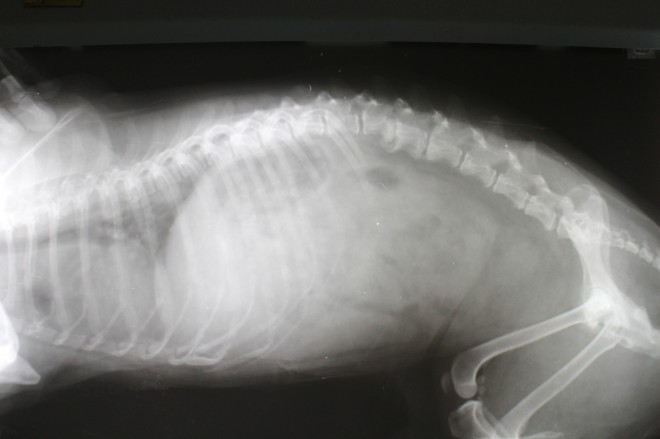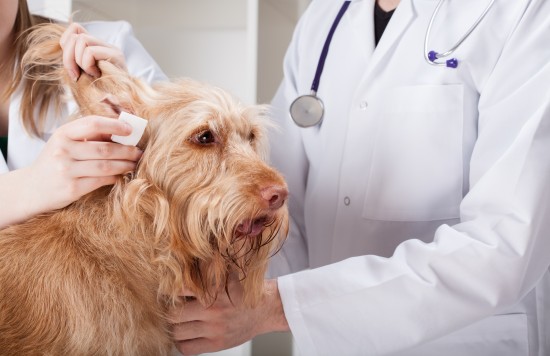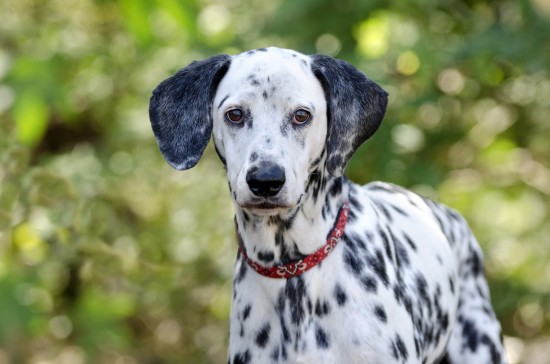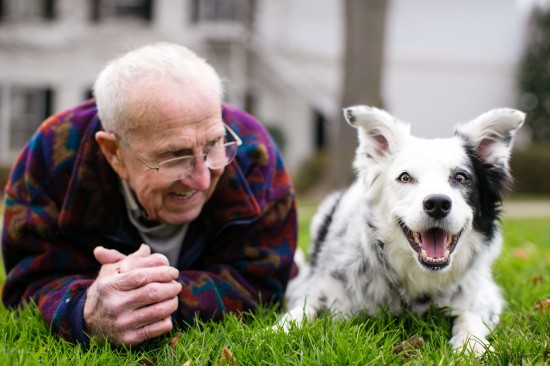
It's not just horseback riders that cough and wheeze at this time of year. Respiratory problems are common in horses as well. Loss of performance may be the first sign that something is wrong. Mildly affected animals may cough occasionally when eating or when starting work. As the condition gets worse they may cough almost continuously.
Why is coughing such a problem in the winter? We need look no further than the changes in management that accompany the colder weather. Horses spend more time inside, often stabled in close proximity to their companions, giving any infection the opportunity to spread. They are exposed to irritants and allergens in the hay and bedding.
Recurrent airway obstruction (also known as COPD, or chronic obstructive pulmonary disease) is the horse equivalent of human asthma . It is an allergic condition, in which the horse reacts to small particles in the air. Chief among the culprits are fungal spores from the hay. This is a problem that seems to be becoming more common - probably due to the lack of good hay for horses.
We seem to have lost the ability to make good hay. Much of the hay fed to horses is dusty, and liberally sprinkled with fungal spores. Under poor storage conditions toxins such as lipopolysaccharides (LPS) can accumulate. These can cause inflammation of the respiratory tract.
Dust from the bedding may make the problem worse. It's important to keep the bed clean and dry. Replacing dusty straw with clean shavings may be a good idea. But if the shavings are allowed to build up into a soggy deep litter bed the ammonia and endotoxins may cause more irritation than the straw ever did, and may make matters worse.
When assessing the air quality in a stable, remember that the horse spends much of his time with his nose close to the ground. The air you breathe in the middle of the stable may be completely different from the air the horse breathes when he's sniffing around the floor or eating his hay.
It can be difficult to differentiate between infectious or environmental causes of coughing. What can be done to investigate the problem? The vet will observe your horse breathing and listen to the chest with a stethoscope. (This is not the time to talk to him or her!)
Respiratory infections may also be involved - in particular, viruses such as influenza, and equine herpes virus. If an infectious disease is suspected, swabs can be taken from the nose to try to identify the organism responsible. Blood samples may contain antibodies to the offending virus.
In persistent cases it may be necessary to collect a sample of fluid from the airways. This is usually done using a flexible endoscope.
Although medicines can be used to help clear the horse's chest and reduce the inflammation, the most important factor in treatment is allowing the horse to breathe clean fresh air.
So how can you prevent your winter schedule being disrupted by coughing? First of all, avoid feeding poor quality hay. Soaking it may help. The water damps down the dust and makes the spores swell. But it also washes the water-soluble nutrients out of the hay and so reduces the feeding value. (If there is any doubt about the hygienic quality of the hay, your veterinary surgeon or feed merchant may be able to have a sample tested to see if it is safe to feed.) Consider feeding haylage instead.
Let your horse have as much fresh air as possible. Turn out as much as the weather conditions allow. Make sure there is adequate ventilation in the stable or barn. Avoid the temptation to close the stable up, even in the coldest weather. Keep the bed as dust-free, and as clean, as possible. Do not muck out the stable with your horse in it. Give the bedding time to settle - preferably an hour or more - before bringing the horse back inside.
Give your horse clean air to breathe, and hopefully you will both enjoy a cough-free winter.
 More Information On Dog (canine) X-rays
More Information
More Information On Dog (canine) X-rays
More Information
 Otitis Externa In Dogs
Otitis Externa In
Otitis Externa In Dogs
Otitis Externa In
 Superstitions and Your Pet – Pet Nanny
Animals have played a big role throughout human civilization
Superstitions and Your Pet – Pet Nanny
Animals have played a big role throughout human civilization
 4 Questions Dog Owners Frequently Ask
4 Questions Dog O
4 Questions Dog Owners Frequently Ask
4 Questions Dog O
 Chaser : The Amazing Border Collie Who Understands 1000 Words & More!
Chaser : The Amaz
Chaser : The Amazing Border Collie Who Understands 1000 Words & More!
Chaser : The Amaz
Copyright © 2005-2016 Pet Information All Rights Reserved
Contact us: www162date@outlook.com